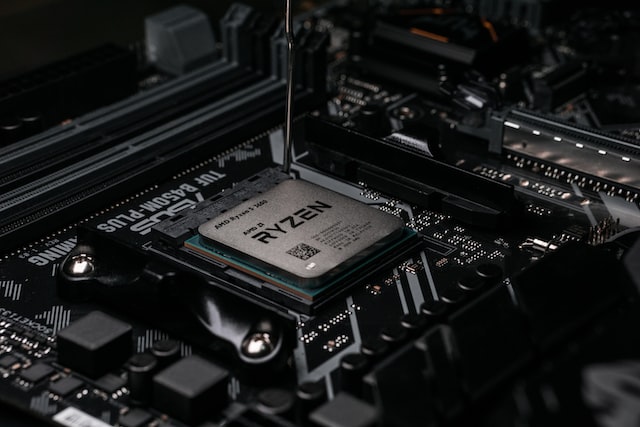The central processing unit (CPU) is the brains of your computer. It handles all the instructions you give your computer, and the faster it is, the better. But with so many different types and brands on the market, how do you know which one to choose? Here are a few things to consider when choosing a CPU for your PC: -Your budget -The type of computer you have (or plan to build) -Your needs in terms of speed and performance
What to consider when choosing a CPU
When it comes to CPUs, there are a few things to keep in mind. First and foremost, you need to think about what you’ll be using your PC for. If you’re a casual user who only uses their computer for browsing the web and checking email, you won’t need as powerful of a CPU as someone who uses their PC for gaming or video editing.
The next thing to consider is your budget. CPUs can range in price from around $50 to over $1000, so it’s important to know how much you’re willing to spend. Once you have an idea of what you need and how much you want to spend, you can start looking at different CPUs and compare their specs.
Some things to look at when comparing CPUs are the clock speed, which is measured in GHz; the number of cores, which will affect how well the CPU can handle multitasking; and cache size, which affects how quickly the CPU can access data. With all of these factors in mind, you should be able to find the best CPU for your needs and budget.
The different types of CPUs
There are different types of CPUs available in the market. The most common and popular type of CPU is the desktop CPU. It is used in desktop computers and provides good performance for general computing tasks.
Other types of CPUs include notebook CPUs, server CPUs, and workstation CPUs. Notebook CPUs are designed for use in laptops and provide good performance for mobile computing tasks. Server CPUs are designed for use in servers and provide excellent performance for server-based applications. Workstation CPUs are designed for use in powerful workstations and provide excellent performance for demanding computing tasks.
The best CPUs for gaming
The best CPUs for gaming are the ones that can provide the fastest and most consistent performance. There are a few different factors to consider when choosing a CPU for gaming, such as clock speed, core count, and cache size.
Clock speed is the most important factor to look at when choosing a CPU for gaming. A higher clock speed means that the CPU can process more instructions per second, which leads to better performance. Core count is another important factor to consider. More cores means that the CPU can handle more tasks simultaneously, which can be helpful for gaming. Cache size is also a factor to consider, as a larger cache can help improve performance by storing frequently-used data.
When choosing a CPU for gaming, it’s important to find one that strikes a balance between price and performance. There are many great CPUs on the market that offer excellent performance without breaking the bank.
The best CPUs for video editing
There are a few things to consider when purchasing a CPU for video editing. The most important factor is the number of cores the CPU has. A quad-core processor is ideal, but a dual-core will suffice for most projects.
The clock speed is also important, as video editing is a resource intensive process. A higher clock speed will result in faster rendering times and smoother playback.
Finally, consider the price point. Video editing can be a costly endeavor, so it’s important to find a CPU that fits your budget. There are many great options available at all price points.
Conclusion
If you’re looking for the best CPU for your PC, there are a few things you need to take into account. First, consider what you’ll be using your PC for. If you’re a gamer, you’ll need a different CPU than someone who just uses their PC for browsing the internet and checking email. Second, think about your budget. There are some great CPUs out there that won’t break the bank, but if you have a little extra to spend, it’s worth it to get a higher-end model. Finally, make sure to do your research and read reviews before making your purchase. By following these simple tips, you’ll be sure to find the best CPU for your needs.
